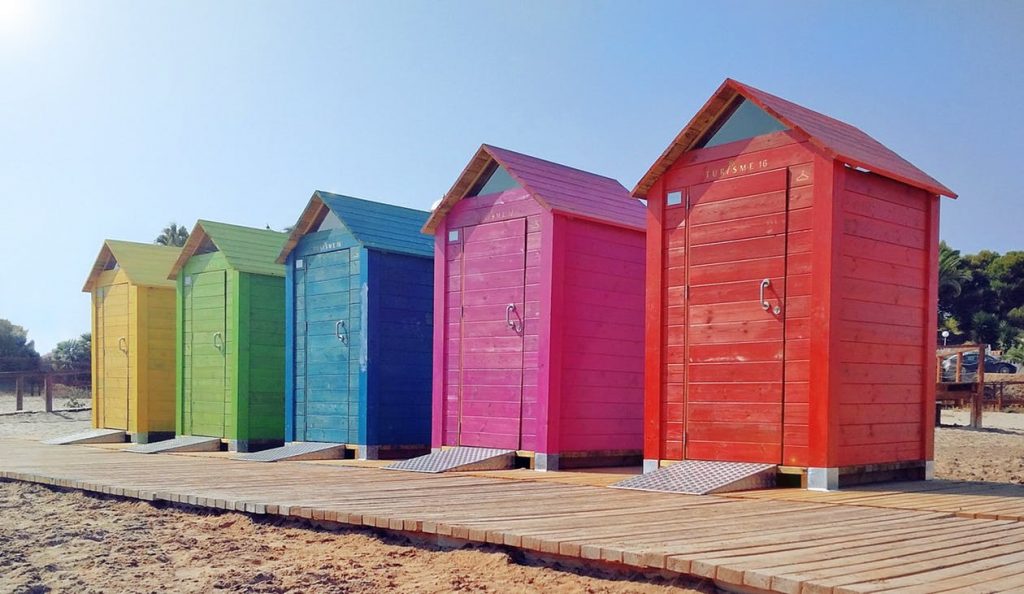Blog

Must I pay tax on holiday home income? That depends.
September is passing by as quick as ever. Fingers crossed that summer weather is not far off and we can start thinking about the holiday season ahead. If you rent out your holiday home sometimes, you may have to pay tax on that income.
The IRD says you have a ‘mixed-use’ holiday home if, during the tax year, you use it for:
- Private Use, and
- Income-earning use, and
- Its occupied for 62 days or more
It is still private use if you receive rent from family members, or from non-family members who pay less than 80 percent of market rates.
The property becomes ‘income-earning’ if you get rent from non-family members at 80 percent or more of market rates.
You can keep the property outside the tax system if its privately owned, and your income-earning revenue is less than $4000 a year. But then you cant claim any related expenses. You also remain outside the tax system if you make a loss, and your gross income from income-earning use is less than two percent of the property’s rateable value.
If an expense relates to income-earning use and private use, you need to apportion it using this formula.
Expenses x income-earning days
Income-earning days + private use days
If you make a less from your mixed-use holiday home, and your gross income from income-earning use is less than two percent of the rateable value. You must carry it forward to offset against income from your holiday home in a future tax year.
AIRBNB: Usually a tax case on its own
If you use Airbnb to provide short-term accommodation in your house in which you also live, the IRD’s ‘mixed-use asset (holiday home)’ rules don’t apply and guests are not classes as boarders. Except when you list a whole house which is vacant for 62 days each year, mixed use asset rules do apply and calculations differ from those for homes where the hosts also live.
Claimable Expenses
Anything you spend as an Airbnb service provider may be claimed as an expense. For shared expenses, like power and internet, claims need to be fair and reasonable.
You can claim some home utilities, rates, insurance, and interest – and all food and other consumables that guests use. You can also claim depreciation on chattels and appliances used by guests only. You can claim some depreciation on other shared chattels and appliances, like claiming a portion of utilities.
If you spend money to keep your property attractive for guests, you can claim some of those costs.
You’ll need to apportion expenses and, to do that, you need to know
- The floor area used exclusively by Airbnb guests (say 25m2)
- The shared area used by you and Airbnb guests (say 90m2)
- Total of guests plus you and your family
You apportionment calculation then is:
Guest floor area + (total shared floor area x {one divided by total guests plus family} x percentage of year you have guests). Then you divide that product by total floor area, and the resulting figure is the apportionment percentage you use for expenses.
If your room or home was unavailable for part of the year, your calculations must reflect that.
Unlike residential rent, GST applies to Airbnb/ You must register for and file GST if your turnover is $60,000 or more in the past 12 months, or will be $60,000 or more in the next 12 months.
There a lot to this, so we recommend that you call us for professional advice.

 Previous
Previous